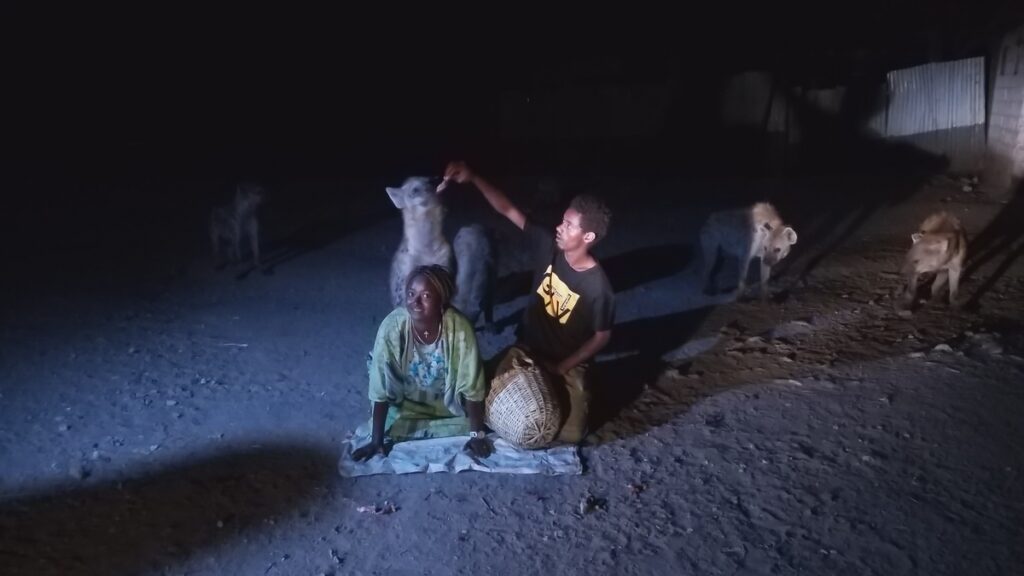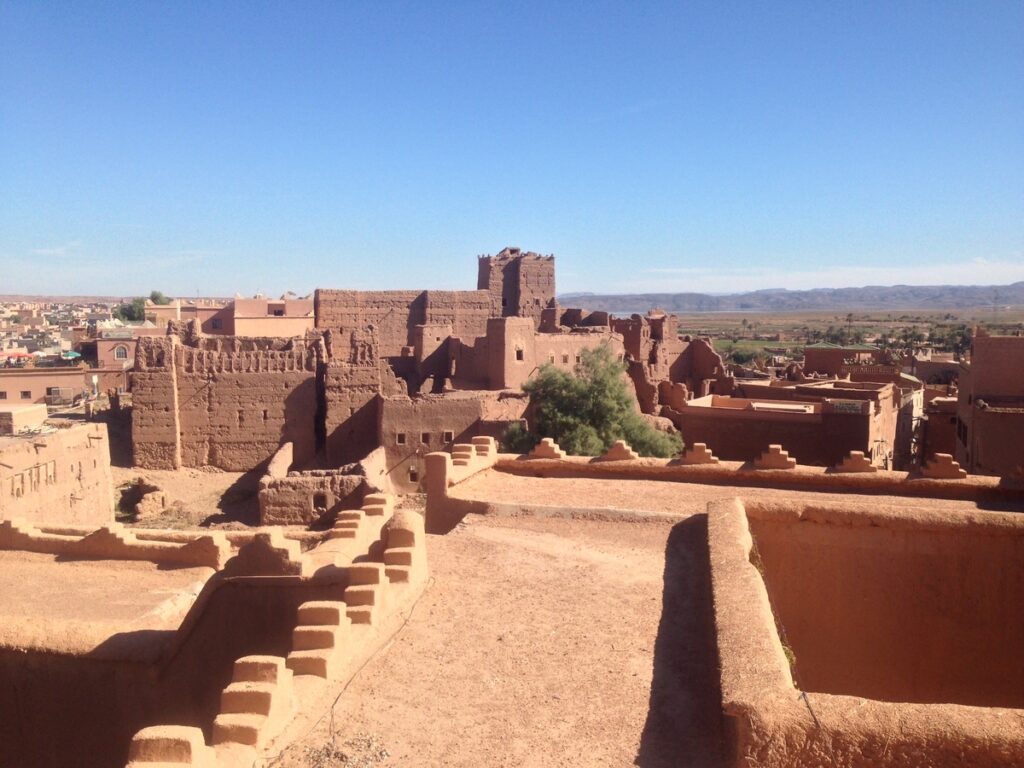Khat: Ethiopia’s Traditional Social Plant – A Cultural Perspective from Harar

IMPORTANT NOTICE: This article is for educational and cultural understanding purposes only. It does not promote or encourage the use of controlled substances. Khat is illegal in many countries, including most Western nations and Japan. Ethiopia regulates khat production and sales to prevent misuse. The plant can pose health risks, including dental problems and dependency issues.
Khat (Catha edulis / Chat) is a traditional plant that has been legally cultivated and used in Ethiopia for centuries, deeply embedded in the country’s cultural and social fabric. This article explores the cultural significance of khat in Ethiopia, particularly in Harar, based on firsthand observations and experiences.
What is Khat?
Khat is a shrub native to East Africa, known locally as “chat” in Ethiopia and “qat” in other regions. The leaves contain naturally occurring compounds that have mild stimulant effects. It has been traditionally used in social gatherings and cultural ceremonies throughout the Horn of Africa and parts of the Arabian Peninsula.
Cultural Significance in Ethiopia
In Ethiopian society, particularly in Harar, khat plays a significant role in social gatherings and traditional ceremonies. It’s often present during coffee ceremonies, weddings, and other social events. The practice of chewing khat leaves while socializing is deeply woven into the fabric of daily life.

Traditional Usage and Experience
During our visit to a local family in Harar, we were invited to observe and participate in a traditional coffee ceremony where khat was present. The leaves are traditionally chewed while drinking coffee and eating snacks like popcorn, creating a unique social atmosphere.

Health Considerations
It’s important to note the potential health effects associated with khat use:
- Loss of appetite
- Temporary fever in some cases
- Sleep disturbances
- Cardiovascular effects
- Dental health concerns
- Potential for dependency

Legal Status
While khat is legal and regulated in Ethiopia, it is classified as a controlled substance in many countries worldwide. Visitors should be aware that:
- It cannot be transported across international borders
- Its use is restricted or prohibited in many nations
- Local regulations in Ethiopia govern its sale and distribution

Cultural Context
For visitors interested in understanding Ethiopian culture, it’s important to approach the topic of khat with respect for local traditions while being aware of its complex social and health implications. The practice represents a unique aspect of Ethiopian cultural heritage, particularly in regions like Harar.
Final Thoughts
While khat remains an important part of Ethiopian social and cultural life, it’s crucial to understand both its cultural significance and potential risks. Visitors to Ethiopia can observe and learn about this aspect of local culture while making informed decisions about their own participation.
Related Articles about Ethiopia and Harar:
IMPORTANT NOTICE: This article is for educational and cultural understanding purposes only. It does not promote or encourage the use of controlled substances. Khat is illegal in many countries, including most Western nations and Japan. Ethiopia regulates khat production and sales to prevent misuse. The plant can pose health risks, including dental problems and dependency issues.

![Why Rwanda’s National Parks Are the Best Budget-Friendly Safari Destination! [Rwanda Travel Diary]](https://en.kosupatravel.com/wp-content/uploads/2024/09/20220810161041.jpg)

![Getting Lost in Addis Ababa’s “Mercato,” the Market That Even Locals Struggle to Navigate [Ethiopia Travel Diary]](https://en.kosupatravel.com/wp-content/uploads/2024/12/20240412145520.jpg)


Pingback: Experience Feeding Wild Hyenas in Harar, Ethiopia - Kosupa Travel